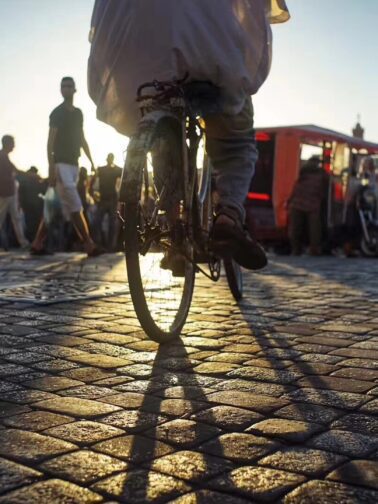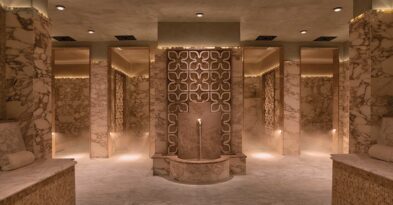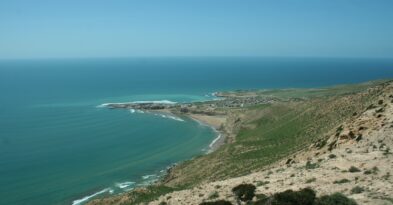The Eid Al Fitr Festival
Eid al-Fitr is an Islamic festival that marks the end of the ninth month, the month of Ramadan (month of fasting and recollection).
Eid al-Fitr means Banquet of charity and the feast of breaking the fast. Linguistically there are two possible meanings for the word ‘Fitr’. On the one hand it is said that it derives from the word fatar which means break. Others suggest that it comes from fitrah or alms. And for some Sunni Muslims it comes from fitrat, nature, and the it is the celebration of God’s magnanimity in rendering nature to man.
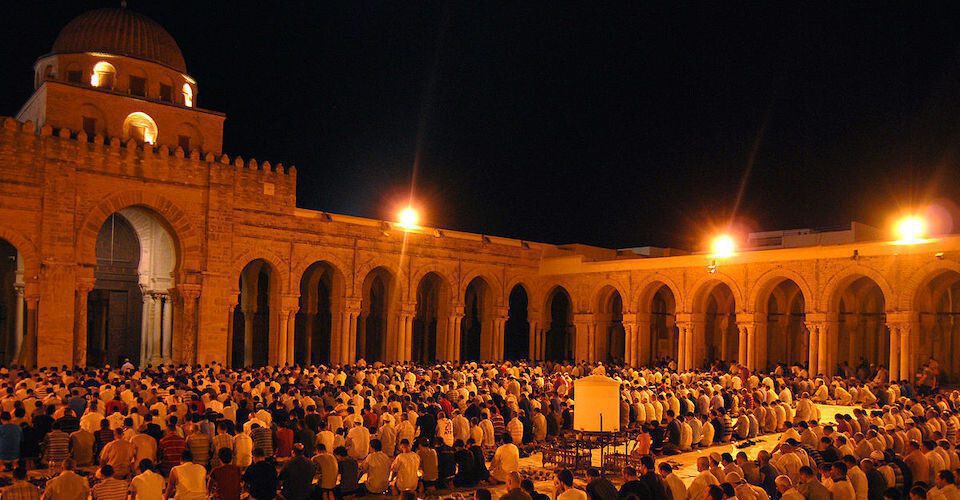

It is a religious festival that is celebrated from the first day of the new moon in Shawwal, the tenth month, and lasts for three days in which sweets and dates are the protagonists.
The festival originated when the Prophet Mohammad announced a day of celebration to reaffirm the feeling of brotherhood after proclaiming Ramadan as the period of fasting and austerity. In this way women prepare sweets at home, where noodles cooked in milk is the most popular. Then the people meet to chat and share experiences. Some people visit the cemeteries and stay there for hours, or even camping until the next day, in order to honor their ancestors and to be with their spirits.
Food traditions for Eid al-Fitr
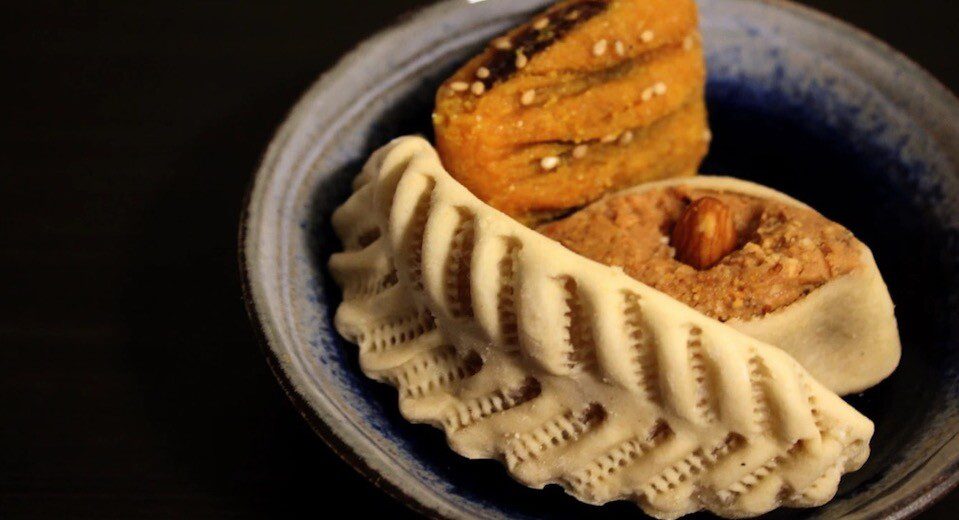

Food is central to Moroccan culture and family life in general, so it certainly plays an important role in the celebration of any holiday.
Until the day of Eid al-Fitr, many women are busy in the kitchen, preparing Moroccan cookies and pastries. Others prefer to buy cookies and sweets from a local bakery shop, or they can order sweets from a local woman who runs a home bakery business.
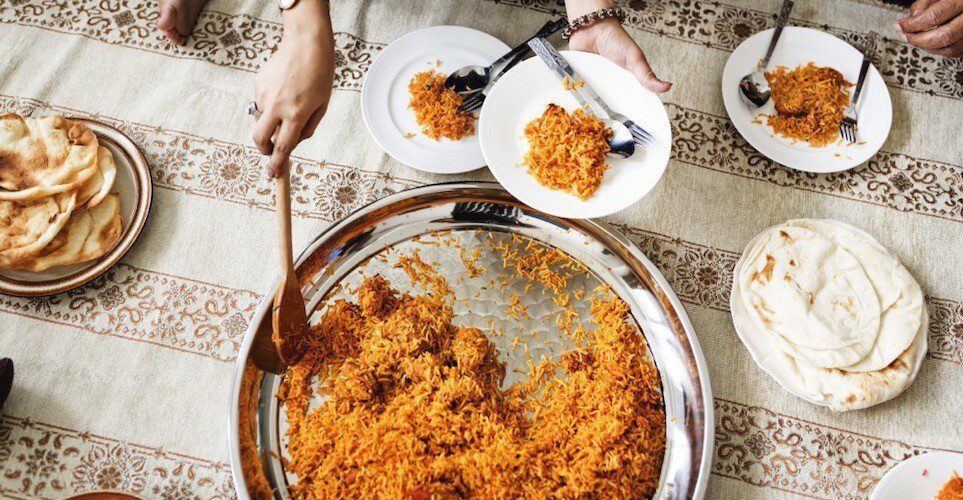

Even though any number of dishes can be prepared for Eid dinner, usually couscous dishes, lamb or beef with prunes, chicken with preserved lemons and olives, chicken bastillas or mutton or beef are served.
If you are going to Morocco during the Eid al-Fitr, you will find that the shops are filled with consumers to buy the clothes that will be premiered during the party, sweets for family and friends, and gifts for the little ones.
Food aside, Eid al-Fitr is primarily a religious holiday. Therefore, for many Moroccans, the day begins quite early, as many Muslims go to their local mosque for the morning sermon.
Muslim prayer
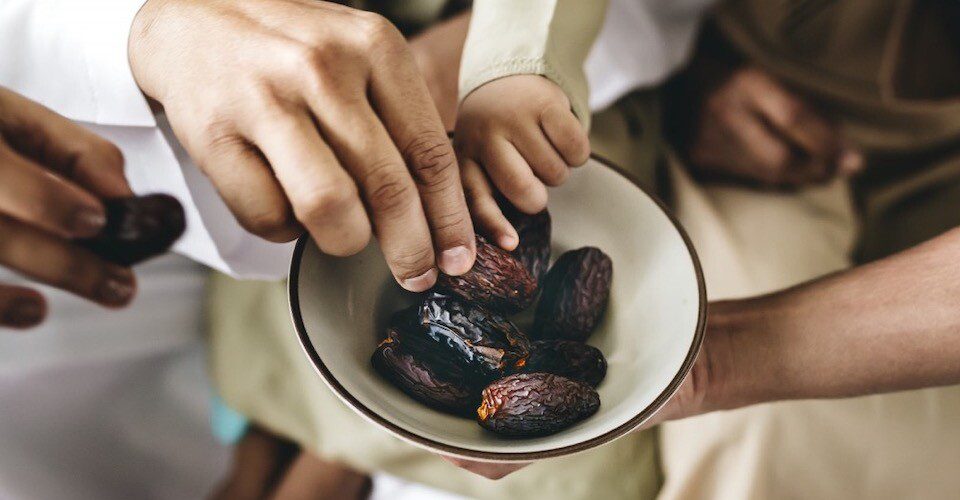

Everyone in the morning bathes wears new or clean clothes, applies perfume and eats dates or any other sweet. An extended family can gather for festive meals, or individual families may want to eat at home, before walking to the mosque for the prayers.
Men wear white because it symbolizes white purity and austerity. These prayers can be read at any time between sunrise and until evening.
Family visiting and gathering
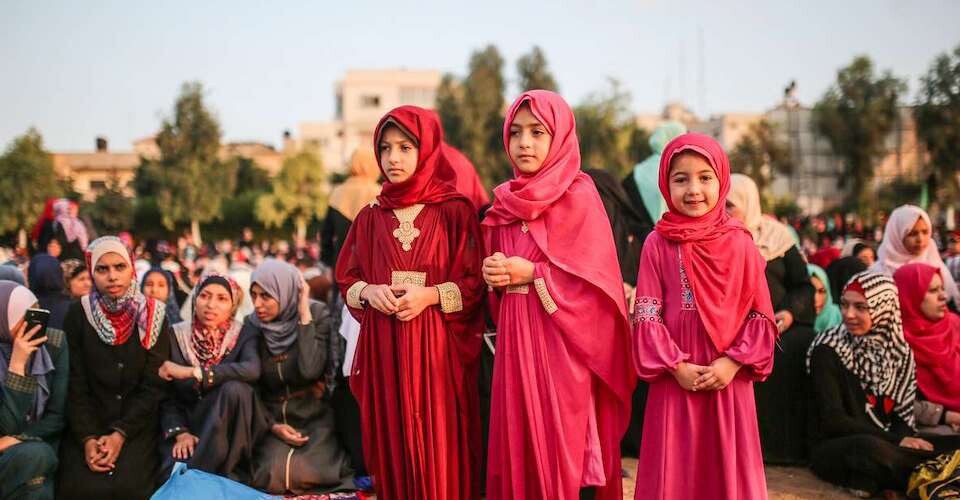

After the prayer, the holidays of Eid al-Fitr are traditionally reserved as family affairs in Morocco.
Throughout the day, believers celebrate the end of Ramadan by visiting homes and eating special dishes cooked for this occasion. Everyone sits together so that they can talk. And it is when the children receive the gifts, and the sweets delivered by their loved ones are distributed as a symbol of love.
While gift giving and decoration of houses and public places can spread in the West or in other parts of the Muslim world, Moroccan festivities are not very commercialized.
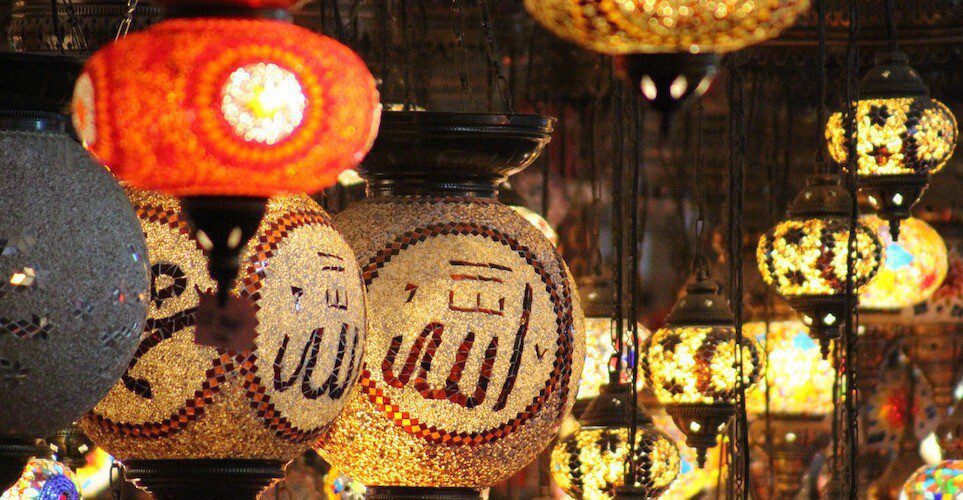

The exchange of gifts is not common, especially among adults, but many families follow the tradition of buying new clothes for their children and less often toys or other small gifts.
The words that are most heard on the streets during the holidays are: Eid Mubarak. Eid refers to the festival itself and Mubarak means Happy, Blessed.
It’s a day for empathy and sharing
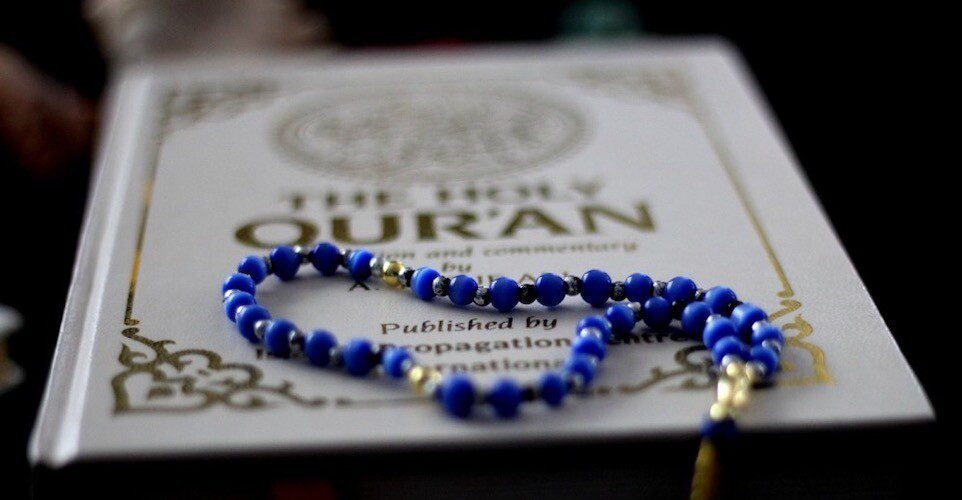

On this day, according to the Qur’an, every Muslim who is free and in possession of a dignified capital for alms and free of all debt burden, is obligatory to give alms. These alms, called Sadaqah Fitr, is given to the poor in Eid al-Fitr.
Therefore, to ensure that even the poor can enjoy the holiday, all heads of households are required to sacrifice food to those who are in need on behalf of each family member. Food usually takes the form of essentials, such as wheat or flour. This charity is called Sunset al-Fitr or Sadaqa Al-Fitr and becomes mandatory on the day of Eid Al-Fitr. However, many families make donations on the preceding days.
Contact us for more travel information!

